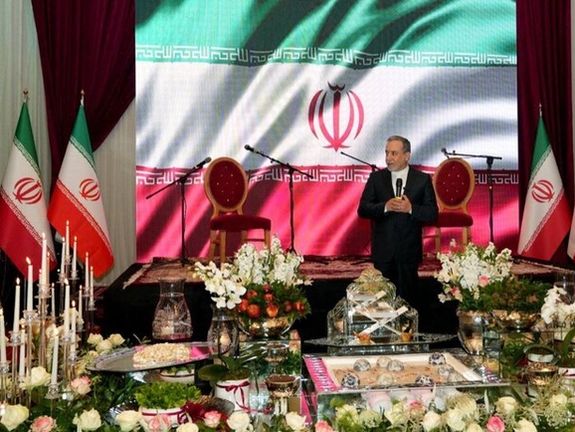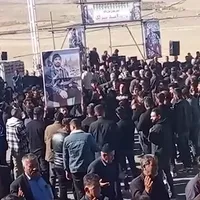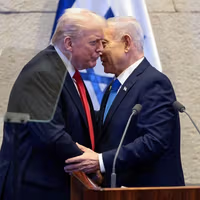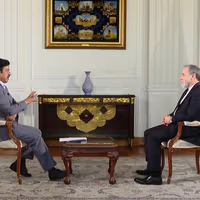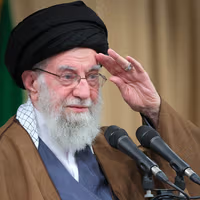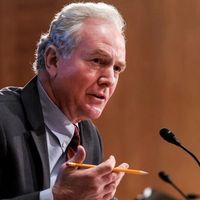Speaking to foreign diplomats in Tehran, Araghchi’s remarks marked a re-emphasis on a position Iranian officials have frequently taken since the US withdrawal from the 2015 nuclear deal (JCPOA) in 2018. It is unclear whether his comments signaled a policy shift or were intended to test the international response ahead of any potential talks.
Following the US exit from the JCPOA under President Donald Trump, senior Iranian officials, including then-Foreign Minister Mohammad Javad Zarif and Supreme Leader Ali Khamenei, maintained that Tehran would not enter into new negotiations unless sanctions were lifted or the US returned to the deal. That stance remained largely consistent throughout the Trump administration’s “maximum pressure” campaign.
Now, with Trump back in office and reportedly considering a tougher approach—including military threats—Iran’s renewed insistence on lifting sanctions before any negotiations may be seen either as a negotiating tactic or as a reaffirmation of a long-standing position.
It is not yet known whether this demand was included in the official letter Tehran sent to President Trump recently. Public discourse has increasingly focused on the format of possible talks, with Iranian officials emphasizing their preference for indirect negotiations over face-to-face meetings. Analysts suggest this preference could be driven by both domestic political considerations—such as preserving the government's image after years of hostile rhetoric toward Trump—and strategic calculations, including buying time in the hope that future developments may shift the diplomatic landscape.
Insisting on sanctions relief as a precondition could also function as a means of slowing down the diplomatic process, allowing Tehran to manage expectations and retain leverage. While such a stance could be seen as obstructive, it may also be calculated to prompt a measured response from Washington. Notably, the Biden administration, which preceded Trump’s return, took a more restrained approach to sanctions enforcement even before formal nuclear talks resumed in April 2021.
Iranian oil exports to China began to rise prior to the 2020 US election and have remained high into 2024. This trend may factor into Tehran’s thinking, with the possibility that pressing the issue of sanctions could influence US decision-making or encourage a pause in new restrictions as a way to facilitate dialogue.
